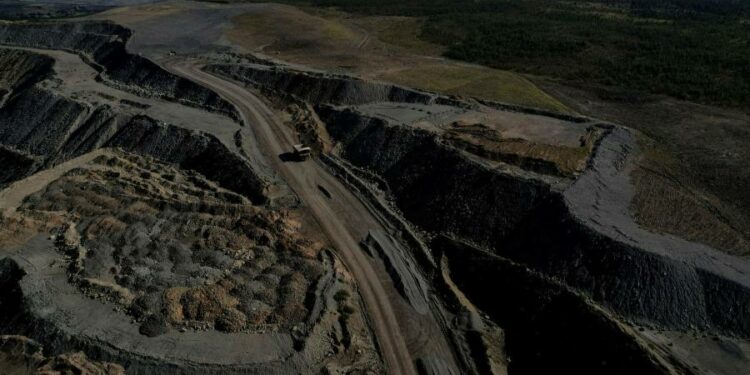The war in Ukraine will produce no winners — except energy companies. A doubling in Glencore’s adjusted half-year earnings illustrates the point. The energy crisis triggered by the conflict is the main reason. The coal price has soared. The Swiss natural resources group mines and ships a lot of the black stuff.
UN secretary-general António Guterres recently joined the chorus demanding windfall taxes on the “excessive profits” of the energy sector. Earnings are indeed extraordinary. Glencore is on track to make annual pre-tax profits of $26bn, about twice the out-turn in 2021. But this does not make the argument for windfall taxes any more convincing.
Even amid spiralling inflation, companies such as Glencore have high operational gearing. After revenues have covered fixed costs, a high proportion of additional sales become profits. Consider Glencore’s go-go coal business. The reference price for coal has risen more than 200 per cent amid disruption to Russian energy exports. The division’s ebitda jumped 900 per cent to $8.9bn.
Glencore increased its exposure to coal against the decarbonising trend before Russia’s full-scale invasion of Ukraine. Shareholders will be generously rewarded. Forecast payouts for 2022 are expected to total $8.5bn, 12 per cent of the market capitalisation.
The contrast is with 2016 and 2020 when Glencore paid no dividends. First came a commodity price collapse. In 2015, Glencore shares crashed after an analyst suggested the heavily indebted business might go bust. Second came the pandemic with fears of worldwide economic ruin.
Equity is sometimes defined as “risk capital”. If losses mount, shareholders may forfeit the lot. Quite rightly, this is of no interest to politicians such as Guterres. But an unwillingness to socialise private losses points to the inconsistency of calling for the nationalisation of private gains. The inevitable consequence of the latter is higher recurring capital costs and steeper commodity prices for consumers.
Guterres is right to point to the planet-trashing nature of most energy companies’ products. The profits of Glencore’s coal division would fall by a third if it had to buy EU pollution permits to cover the 55mn tonnes mined. Glencore boss Gary Nagle is pushing his luck in promoting coal as a transitional fuel when gas fits the bill better.
The real problem is the lack of a detailed world energy transition plan. Politicians and energy bosses are both to blame for the failure.











